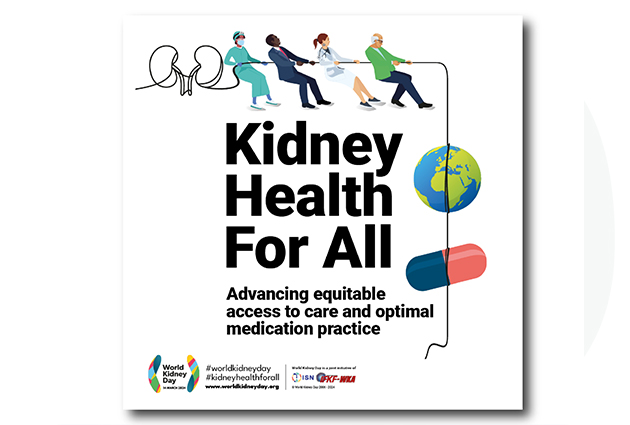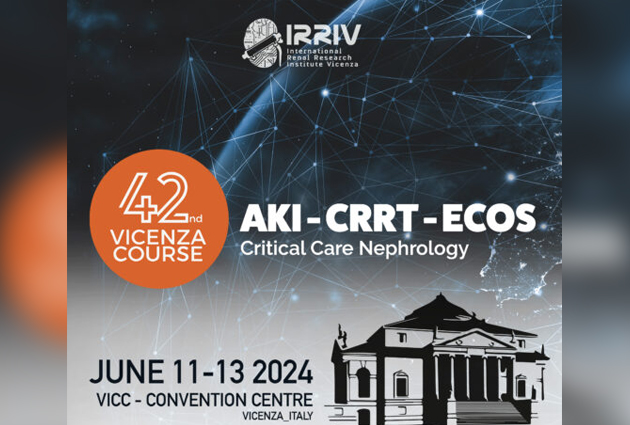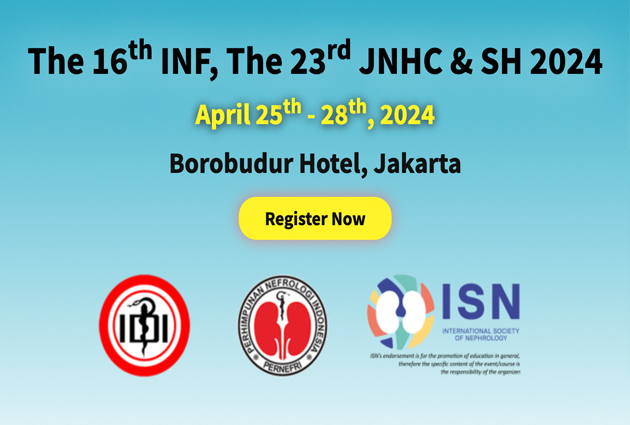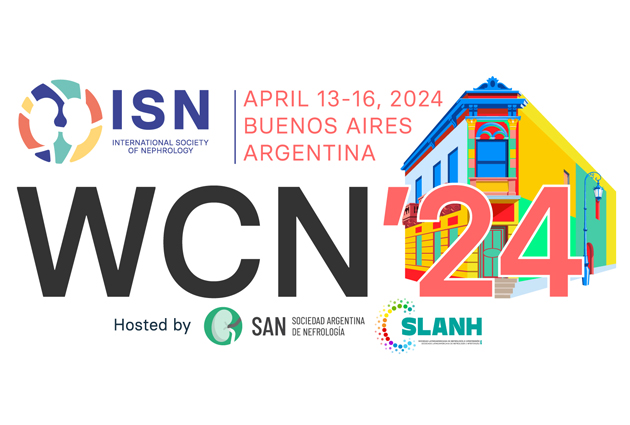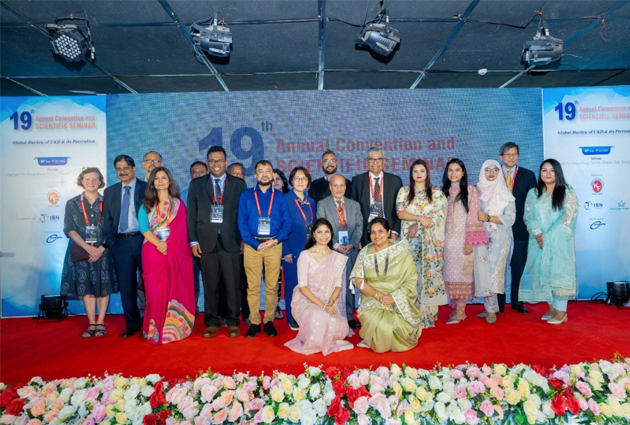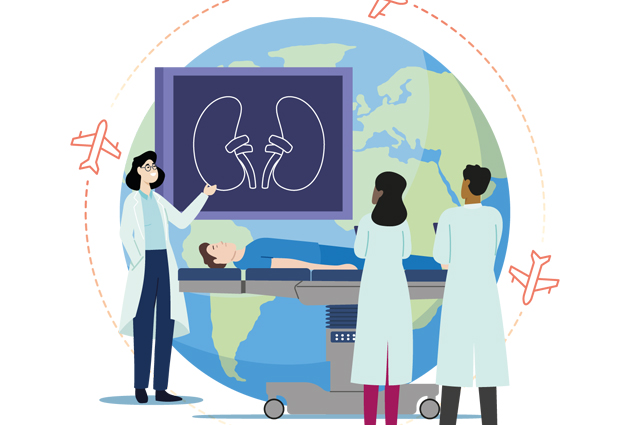A trusted leader
In January 2012, ISN became the only nephrology society in official relations with the World Health Organization (WHO). How is the ISN community using this opportunity to voice the needs of kidney patients and bridge gaps in global care?
For over five years, ISN has put continued efforts into working as a WHO Non-State Actor (NSA), representing the kidney health community, recognizing kidney disease as a global health issue that needs urgent attention, an integrated approach and effective solutions in the framework of the United Nations Sustainable Development Goals (SDGs).
Leading the activities, Adeera Levin explains: “The relations between ISN and WHO are regulated by the framework of engagement that is reviewed and renewed every three years. For the better part of the second half of 2017, we worked in close collaboration with WHO on the new three-year plan for 2018-2020. Now we are excited to start implementing the new joint actions of the plan, which was approved last month during the WHO Executive Board meeting in Geneva.”
Thanks to ISN’s official status, ISN is invited to all official WHO meetings. In 2017, by participating in three WHO regional meetings and the WHO Global Conference on non-communicable diseases (NCDs) in Montevideo, Uruguay, ISN reinforced its role as a trusted leader representing the kidney health community.
Advocacy Director Louise Fox adds: “In 2017, we raised awareness of the global burden of kidney disease, built alliances with potential partner organizations working on other NCDs and gathered intelligence from sessions, discussions, and presentations.”
NCDs on a global scale
During the Global Conference on NCDs, ISN showcased its Saving Young Lives initiative as a cost-effective intervention to reduce the burden of premature death from NCDs in line with SDG 3.4. Four hundred participants, including heads of states of Argentina, Chile, Morocco, Paraguay, Uruguay, and Zimbabwe, saw the adoption of the Montevideo Roadmap 2018-2030 on NCDs as a sustainable development priority.
Ambitious in tone, calling for coordinated and coherent action from all sectors of policy and the whole of society, ISN, in its public reaction, deplored the fact that the roadmap lacks bold commitment and only partly meets the objective of providing concrete suggestions on how to achieve SDG 3.4.
WHO regional committee, WHF and PAHO
At the annual session of the WHO regional committee for Europe in Budapest, Hungary, NCDs returned to the agenda, focusing on regional progress and NCD prevention and control projects within the SDG framework with regards to three action plans that concentrate on the harmful use of alcohol, food and nutrition, and mental health.
Adeera Levin says: “To strengthen our voice and tighten our relations with like-minded partner organizations working on NCDs, we collaborated with the World Heart Federation (WHF) on a joint oral statement on the SDGs roadmap, as well as with World Cancer Research Fund International, European Public Health Alliance and WHF on a joint oral statement on the risk of unhealthy diets for NCDs such as kidney disease.”

